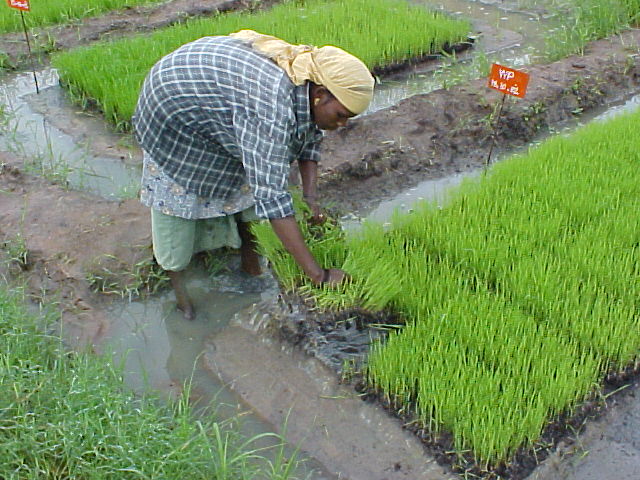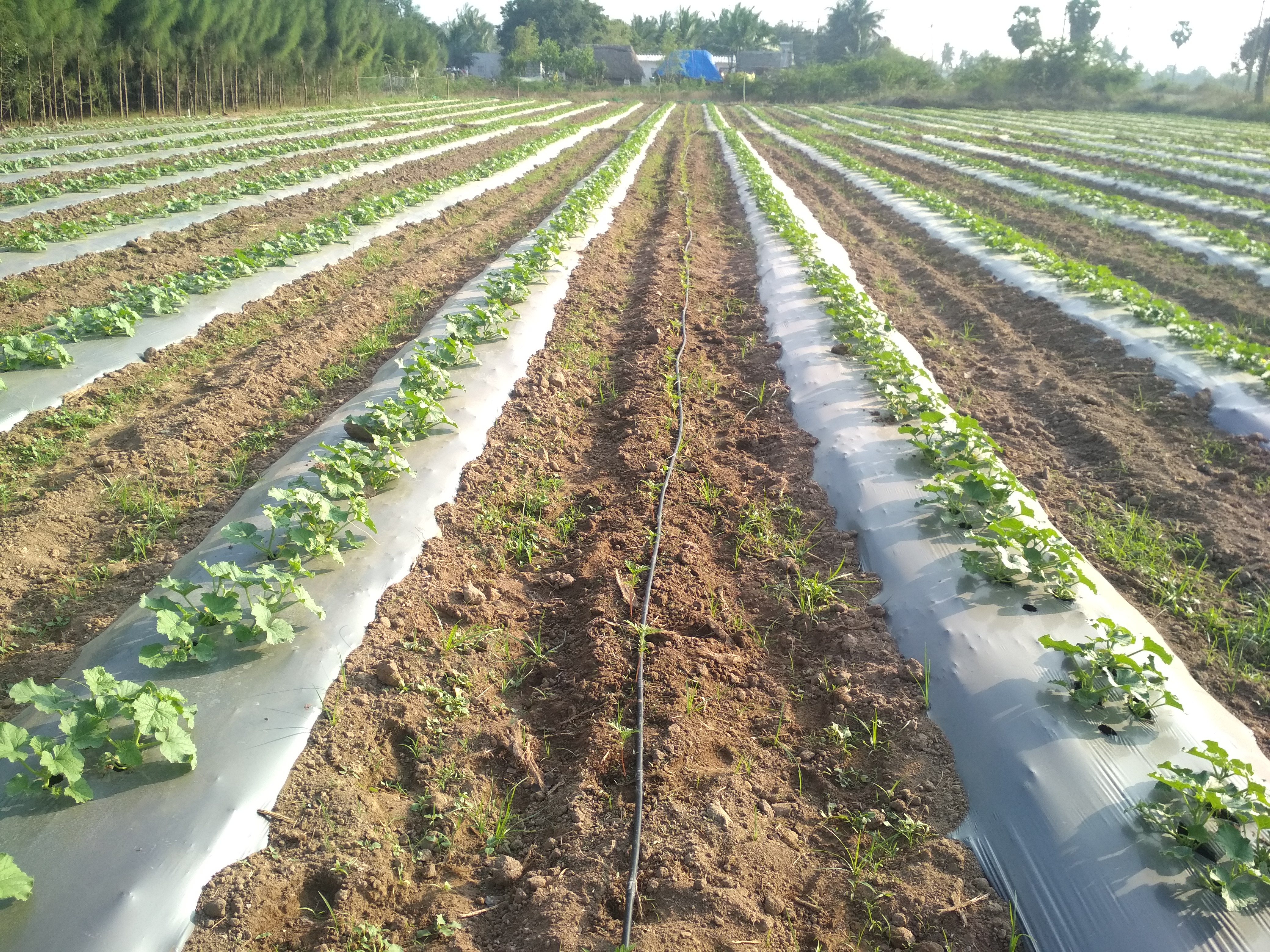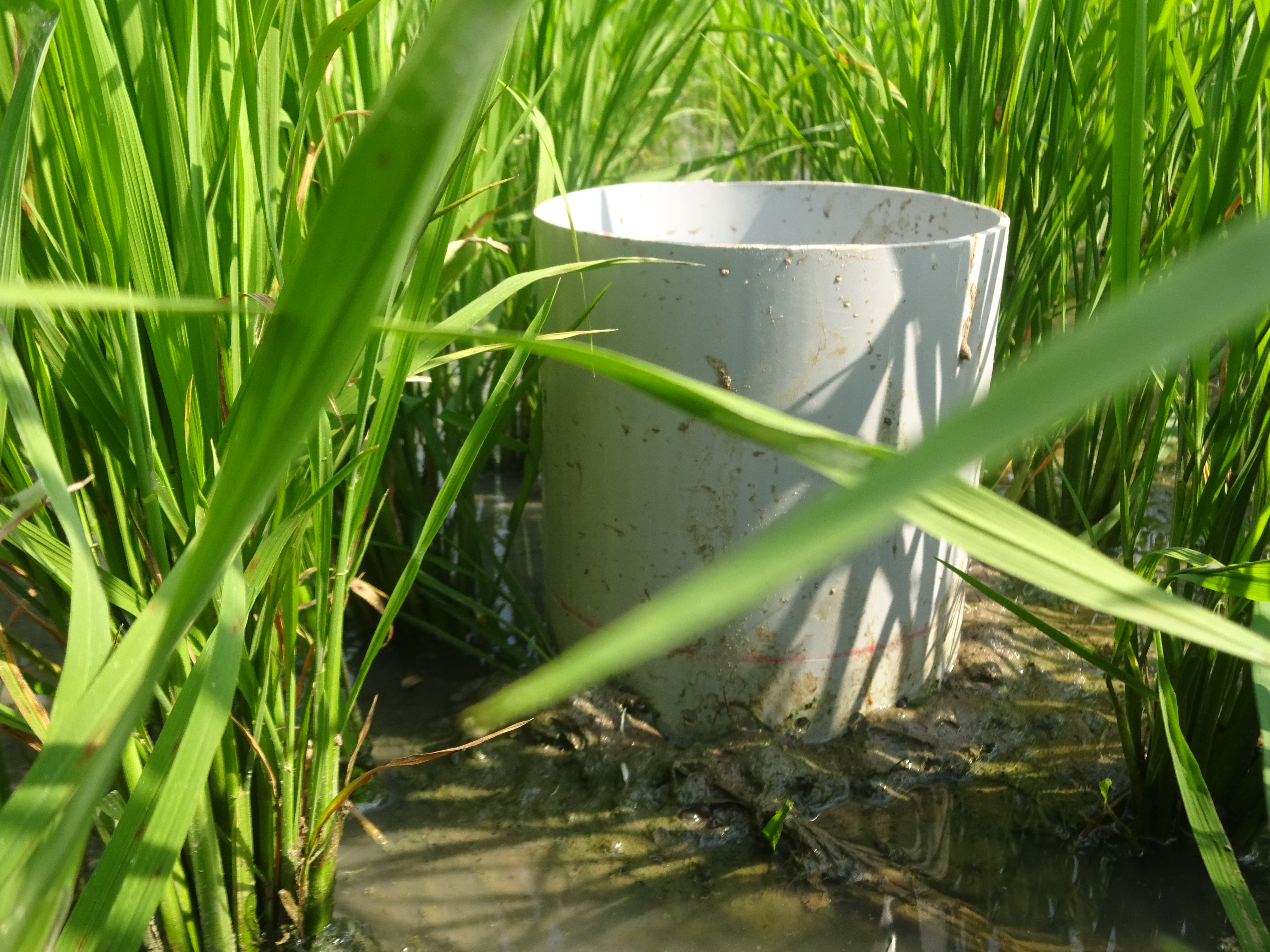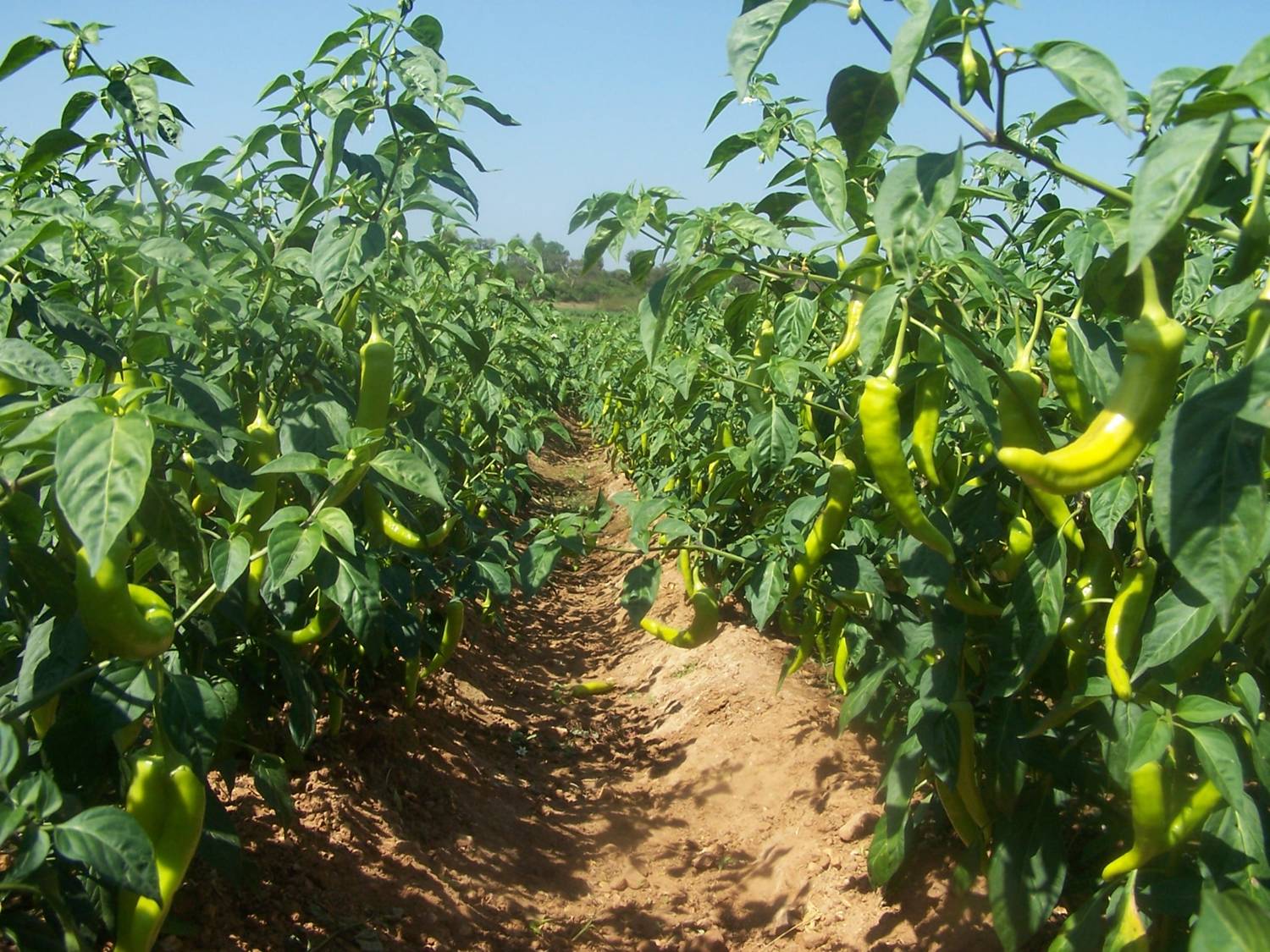Tamil Nadu Agricultural University (TNAU) formulated interventions will support testing, demonstration and dissemination of promising crop husbandry practices and water management technologies. The project would give special emphasis on enhancing crop production to have better market access, crop diversification, value addition and climate resilient agriculture in the sub-basins of Tamil Nadu.

TNAU will look after the spread of technologies demonstrated in all the sub basin areas. The focus will be on how precision farming and improved production technologies could lead to enhanced productivity and production of crops and therefore higher income to farmers.
Basin farmers are now have a narrow choice of crops and face both production (due to variable monsoon rains and other factors) risks and price risks. They will be supported to respond to market signals so that when the signals are positive, the farmers should reap better profits and at the time of negative signals, they should minimize the risks. Hence delivering and disseminating market intelligence at appropriate time, especially two months before the sowing of a crop, will help the basin farmers to make informed decisions about growing appropriate crops based on price forecasts for the key crops before the sowing season. TNAU will also share the real time marketing intelligence data generated by Domestic and Export Market Intelligence Centre (DEMIC) with Agriculture, Agricultural Marketing and Horticulture Departments for wider dissemination to farmers in project sub basins.

The major objective of the TNIAM project to promote the climate resilient activities and market led agriculture in the sub - basins of Tamil Nadu.
- To increase rice productivity in sub-basins by the promotion of Water Saving Technology viz., "Safe" AWD, SRI or Mechanical transplanting.
- To enhance the pulse productivity and production through the promotion of pulse seed village, Improved Production Technology and value addition.
- To enhance red gram production under precision farming approach.
- Large scale adoption of Drip Fertigation / Precision Farming/SSI in Sugarcane and horticultural crops to improve application efficiency and to increase the WUE.

- Popularization of crop diversification options in select crops such as maize, fruits and vegetables in the sub basin commands.
- Testing and large scale adoption of technologies developed on-station to farm conditions
- Promotion of application through Geo - Tagging, Remote sensing based assessment, e- agriculture, Price forecasting and farm advisory.
- Assessment of GHG emission
- Provide necessary trainings through various centers / research stations of Tamil Nadu Agricultural University to the farmers and other stakeholders for capacity building
Roles and Responsibilities
To accomplish the objectives enshrined above, the following components of activities are proposed in the sub basin commands.
- Productivity enhancement in Rice in sub- basin through Demonstration and upscaling of water saving technology viz., 'Safe' AWD, SRI and Mechanical transplanting under GM-Rice, Rice follow pulse sequences

- Crop diversification with high value crops
- Large scale promotion of SSI in Sugarcane
- Precision farming in Quick value crops viz., Vegetables/Banana/Pomegranate and Mango
- Promotion of pulse production and productivity through producing quality seed and Improved Production Technology
- Value addition of pulses under supply chain concept by linking with better market
- Creation of IT advisory cell to implement Geo Tagging, Remote sensing based assessment, e-agriculture, Price forecasting and Farm advisory
- Promotion of the concept of production of Toxic free vegetables in sub basins
- Capacity building to stake holders
Strategies for Replication of Technologies
- Delineation of Zone of Influence from the first year
- Organizing Campaign for motivation of farmers
- Arranging Exposure Visit to the locations of Good Agricultural Practices
- Conducting IAM WARM day periodically to redress the grievances at farm
- Training to Beneficiary and Non Beneficiary farmers
- Creation of linkages between beneficiary and non-beneficiary farmer





